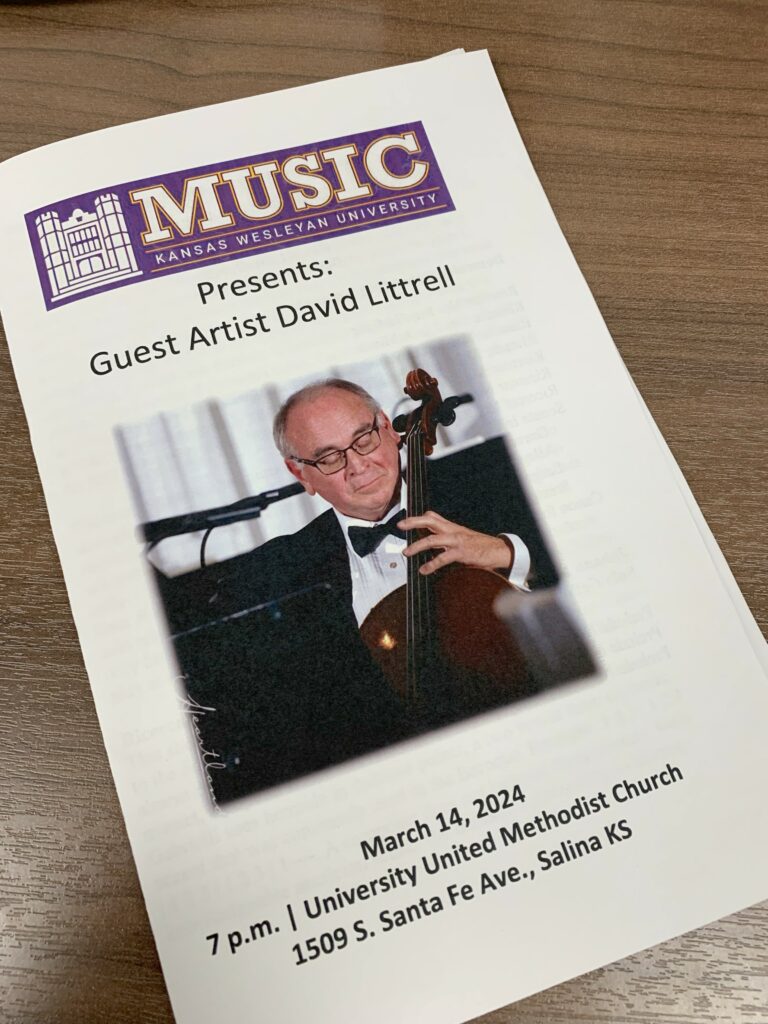Music in Mental Health
Written by Merissa Bailey Rios on April 3, 2024
By Merissa Bailey Rios / Staff Writer
Power Of Music
Music while being a source of entertainment is also a powerful tool that resonates with our very core. Regardless of personal preferences, music offers a unique wellspring of comfort and connection for many individuals. It has the remarkable ability to uplift our spirits, soothe difficult emotions, and bring people together. Fundraising concerts, like the Audacy “We Can Survive” concert, leverage the captivating nature of music to raise awareness and vital funds for organizations dedicated to mental health, such as the American Foundation for Suicide Prevention. However, the impact of music goes far deeper than simply creating a positive atmosphere.
Studies have revealed a fascinating connection between music and our brains. Upbeat tempos and major keys have been shown to elevate mood and energy levels. Conversely, melancholic melodies can trigger emotional responses and act as powerful memory triggers, transporting us back to significant life experiences, both joyful and sorrowful. Revisiting these emotions through music can be a cathartic experience, allowing us to process difficult feelings in a safe space. However, it is important to be mindful of the emotional impact of certain songs, particularly during challenging times.
This intricate relationship between music and mental health has fueled the rise of music therapy in recent years. This evidence-based practice utilizes musical interventions to improve a person’s physical, emotional, and mental health. Music therapists employ a variety of techniques, including songwriting, instrumental playing, and music listening, to address issues like anxiety, depression, and trauma. In both physical and mental health rehabilitation settings, music therapy has proven to be a valuable tool in promoting healing and well-being.

Dr. Rosario, KWU Assistant Professor of Music, Director of Strings. Photo by Merissa Bailey Rios
The Voices of Experience
The power of music is not just theoretical. Here, individuals from KWU share their personal experiences:
– Cynder Toman, a sophomore in Music Education, exemplifies the mood-boosting power of music: “Music has helped me through hard times, on bad days I listen to my favorite songs, and it uplifts my mood.” Her example, with Stray Kids being her favorite band, highlights how specific genres can resonate with individuals and provide a sense of comfort.
– Dr. Rosario, Assistant Professor of Music, Director of Strings, emphasizes music as a safe avenue for self-expression: “Music is a form of communication. Giving us the chance to express ourselves with the safety behind the music.” This quote underscores the role of music in processing difficult emotions that might be challenging to express verbally.
– Mr. Montoya, Director of Athletic and Jazz Bands, reinforces the stress-relieving properties of music: “Listening or playing music is a good stress reliever, soothing and calming the mind and the body.” His perspective highlights the physiological impact of music in promoting relaxation and reducing stress.

Mr. Montoya, KWU Director of Athletic and Jazz Bands. Photo by Merissa Bailey Rios
Incorporating Music into Your Life
By incorporating music into your life, you can unlock a wealth of benefits for your mental well-being. Whether you choose to listen to your favorite tunes, attend a concert, learn a new instrument, or explore music therapy, music offers a powerful tool for self-care and emotional regulation.
Remember, if you are struggling with your mental health, there are resources available to help.
National Suicide Prevention Lifeline: 988
Crisis Text Line: Text HOME to 741741






